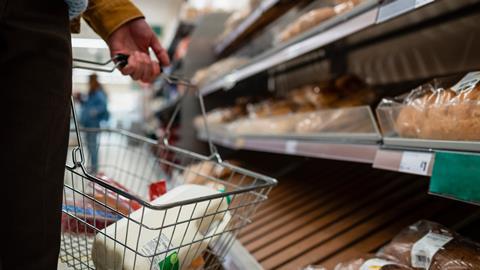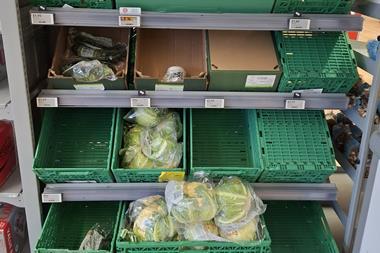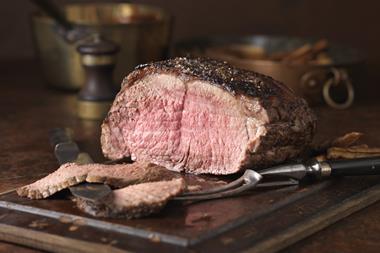Two weeks after the governor of the Bank of England, Andrew Bailey, warned of “apocalyptic” food prices, the dust is settling on what appears to be a pretty nuclear solution floated by ministers.
The government’s plans to cap the price of products such as milk and bread, first reported in the Daily Telegraph at the weekend, have been variously described by industry sources as “a return to the 1970s”, “clumsy” and “meaningless”.
While the government insists the proposals will be entirely voluntary, the idea of such a market intervention has gone down like a lead balloon with supermarket bosses. The BRC, for one, has warned they will make “not a jot” of difference to the cost of living crisis.
It only adds to the uproar caused by the Competition & Markets Authority investigation into supermarket competition, following persistent allegations of profiteering. Retailers are fuming at what they claim is another politically driven, heavy-handed intervention.
So are they just a PR stunt intended to show the government has woken up to the threat of food price inflation after a very long lie in? Or – sacré bleu! – are ministers really serious about bringing in French-style restrictions on British food prices?
There is widespread doubt over just how hands-on these proposals will be. “The lines between what is policy and what is a PR stunt have become pretty blurred over the past few years,” points out one retail source.
But The Grocer understands there have nonetheless been some pretty lively conversations with Treasury officials, involving both supermarket and supplier bosses, about the wisdom, or otherwise, of the government’s move.
It was pointed out this comes not just two weeks after Bailey’s inflammatory comments, but also a fortnight since Rishi Sunak summonsed industry leaders to No 10 to urge greater investment in British farming.
“Having been warned about food inflation for months, the Bank of England said it was shocked at the figures a couple of weeks ago,” says one supplier source.
“One minute they [the government] are asking the industry to pay farmers more, the next they are coming up with draconian plans to keep prices down,” they add.
Sources claim no mention was made of the plans when Chancellor Jeremy Hunt met with leaders from supermarkets and food companies last week. So either he was keeping it a closely guarded secret, or the government and its spin doctors hadn’t yet come up with the idea at that point.
Either way, the feeling is the implications have not been fully thought through. Our source says the government has failed to consider “the unintended consequences”.
Today Asda chairman Stuart Rose summed up the overwhelming view of the industry when he urged the government to avoid market intervention and “let shopkeepers be shopkeepers”. We are a nation of them, after all.
Some suppliers fear supermarkets, under even more pressure to bring down prices, will do exactly that. And suppliers will bear the consequences.
As The Grocer revealed last week, Tesco is already planning its biggest range review since ‘Drastic’ Dave Lewis’s Project Reset – and we can surely expect more to follow.
How quickly the debate has changed. No longer is it about how suppliers can push through CPI requests – it’s what will happen to them if they don’t start bringing prices down.




















No comments yet